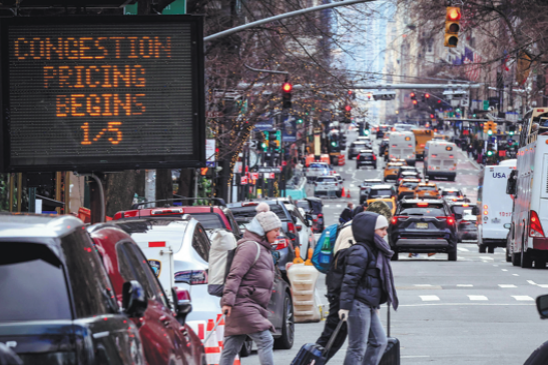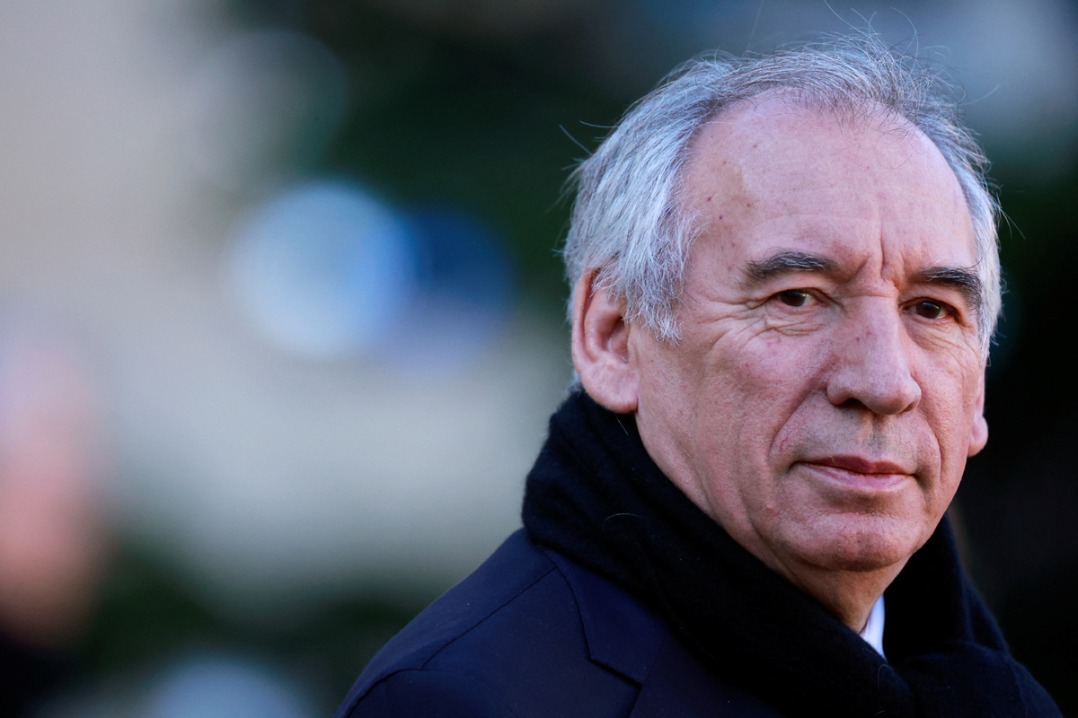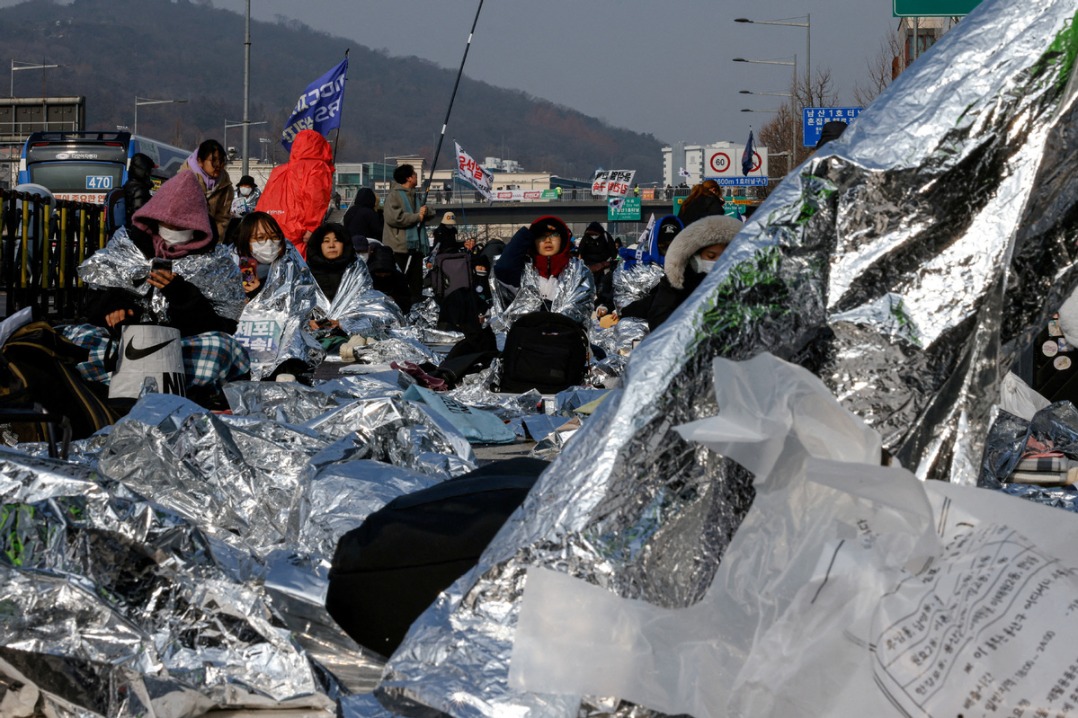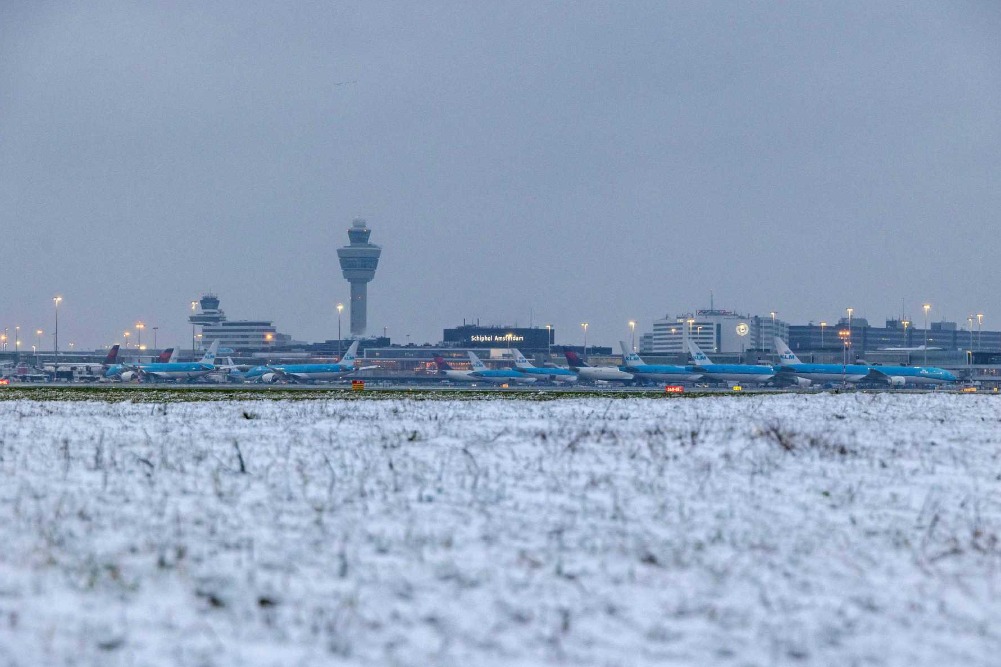Congestion pricing plan angers New Yorkers

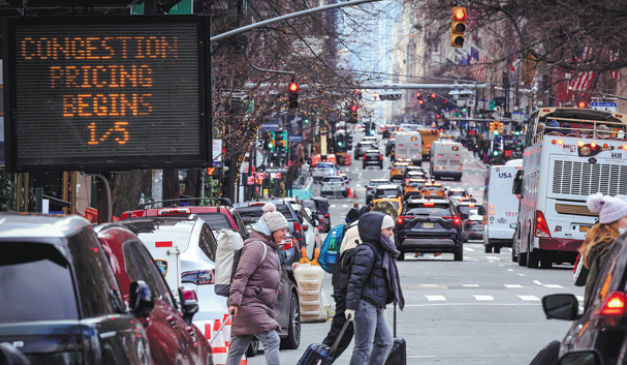
New York rolled out its controversial congestion pricing plan on Sunday, angering commuters while pleasing advocates of a less-traffic-clogged Manhattan.
The fee for most vehicles traveling in the zone — which covers all of Manhattan below 60th Street — from 5 am to 9 pm will be $9, reduced from $15 following a public outcry. The overnight rate is $2.25.
"The Congestion Relief Zone has been in operation since midnight — 1,400 cameras, over 110 detection points, over 800 signs and 400 lanes of traffic and it's all gone smoothly," said Janno Lieber, chairman and CEO of Metropolitan Transportation Authority, or MTA, at a news conference in Grand Central Terminal on Sunday.
The first day went relatively well, but the real test will come on Monday morning as the workweek starts.
"We want to encourage trucks to do more deliveries at night, we want improvements to vehicle speeds especially for buses, we want to make sure that emergency response vehicles can get where they are going faster, and I hope drivers will take another look at the speed and convenience of mass transit," he said.
"The toll will result in at least 80,000 fewer vehicles entering the zone every day, relieving crowding in what is today the most congested district in the United States," the MTA website says.
Passengers in yellow cabs will be charged 75 cents within the zone, while those using ride-hailing services such as Uber and Lyft will be charged $1.50. Congestion pricing is expected to bring in $15 billion toward the MTA's $51.5 billion capital improvement program.
Eighty percent of the money raised from the plan, which will be collected via cameras reading vehicles' E-ZPass tags and license plates, will go toward infrastructure improvements for the city's subway and buses.
"With my experience of the MTA and where they've allocated their funds in the past, they've done a pretty poor job with that," said Christakis Charalambides, a supervisor in the fashion industry, as he waited for a subway Sunday morning in Lower Manhattan. "I don't know if I necessarily believe it until I really see something."
US President-elect Donald Trump, a native New Yorker, has vowed to end the program when he takes office, starting on Jan 20. In November, Trump said that congestion pricing "will put New York City at a disadvantage over competing cities and states, and businesses will flee".
Agencies contributed to this story.

















